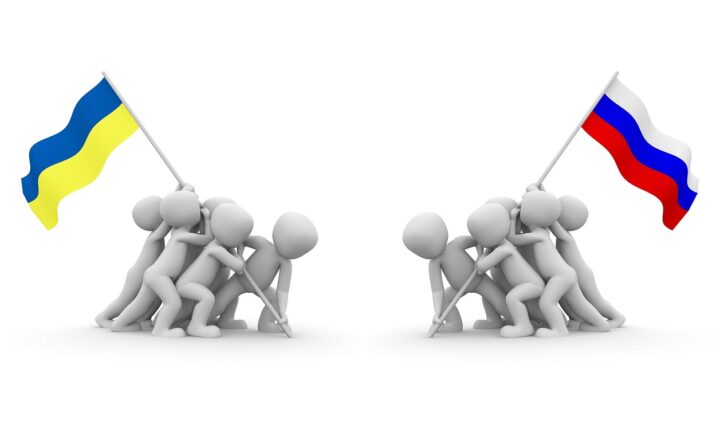
History is filled with events that have reshaped societies, but some revolutionary moments remain lesser-known. These hidden gems hold stories of remarkable courage, breakthroughs, and turning points that are just as compelling as famous revolutions. In this article, we’ll dive into the details of these transformative events, shedding light on moments in history that deserve more recognition.
1. The Velvet Revolution of 1989
In Czechoslovakia, a peaceful movement called the Velvet Revolution began in 1989, leading to the end of 41 years of communist rule. This non-violent protest saw students, artists, and intellectuals banding together, demanding political reform and greater freedoms. The revolution is a powerful example of how unity and peaceful resistance can dismantle oppressive regimes.
- Background: Political discontent was brewing under communist rule.
- Impact: The movement led to democratic elections in 1990 and reshaped Czechoslovakian society.
2. The Haitian Revolution (1791-1804)
Often overshadowed by the American and French revolutions, the Haitian Revolution was the first successful slave-led rebellion in history, establishing Haiti as the first black republic. It challenged colonial powers and inspired abolitionist movements worldwide.
- Background: Enslaved Africans and free people of color demanded freedom and equality.
- Impact: Haiti’s independence signaled a shift in global perspectives on slavery and equality.
3. The Taiping Rebellion (1850-1864)
One of the deadliest conflicts in history, the Taiping Rebellion was a Chinese civil war led by Hong Xiuquan, a religious leader who sought to overthrow the Qing dynasty. Although not widely discussed, this conflict changed the course of Chinese history.
- Background: Hong Xiuquan’s followers sought to establish a new kingdom based on his religious visions.
- Impact: The rebellion weakened the Qing dynasty, setting the stage for future reform movements.
4. The Zapatista Uprising in Mexico (1994)
In Chiapas, Mexico, the Zapatista National Liberation Army (EZLN) launched an uprising in response to economic policies that marginalized indigenous communities. The movement continues today, advocating for indigenous rights and social justice.
- Background: The North American Free Trade Agreement (NAFTA) fueled local grievances against economic and social inequality.
- Impact: The uprising drew global attention to the rights of indigenous communities and their struggles against neoliberal policies.
5. The Carnation Revolution in Portugal (1974)
Named for the carnation flowers that protesters placed in soldiers’ rifles, the Carnation Revolution ended Portugal’s authoritarian rule and colonial wars. This bloodless coup led to a swift transition to democracy.
- Background: Dissatisfaction with prolonged colonial wars and economic struggles ignited the revolution.
- Impact: The peaceful revolution became a model for democratic change and decolonization.
6. The Saffron Revolution in Myanmar (2007)
In 2007, Buddhist monks in Myanmar led a series of protests against military rule, sparking international support for democracy. Although violently suppressed, the movement marked a turning point for Myanmar’s pro-democracy efforts.
- Background: Fuel price hikes and economic hardship triggered public anger and protests.
- Impact: The Saffron Revolution is remembered as a symbol of the struggle for democracy and human rights.
Conclusion
These revolutionary events may not always appear in mainstream history books, but their impact has been profound. From peaceful protests to armed rebellions, they demonstrate the resilience of people in their quest for justice and equality. Recognizing these lesser-known revolutions enriches our understanding of history and reminds us that change often begins with those willing to stand up for a better future.






